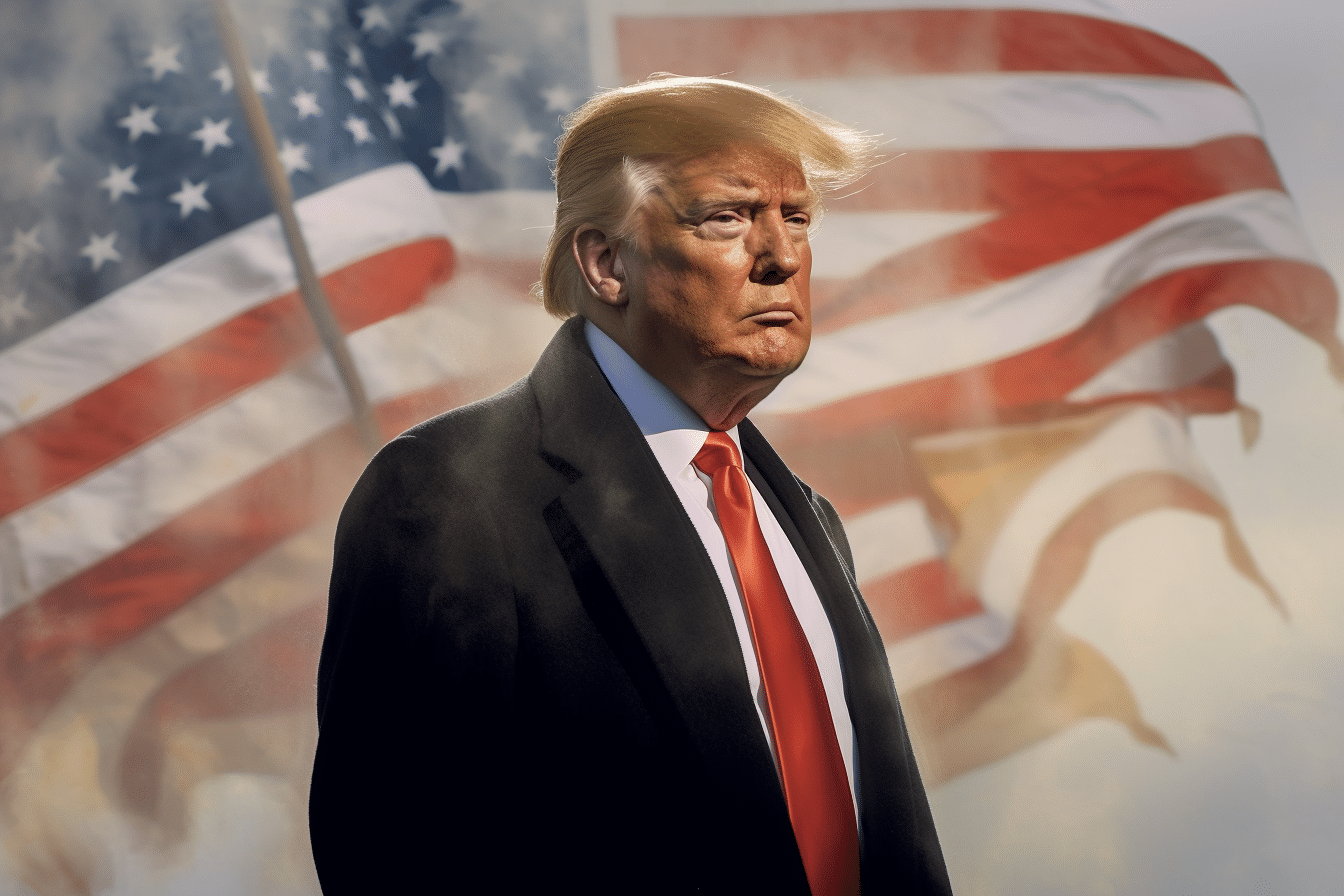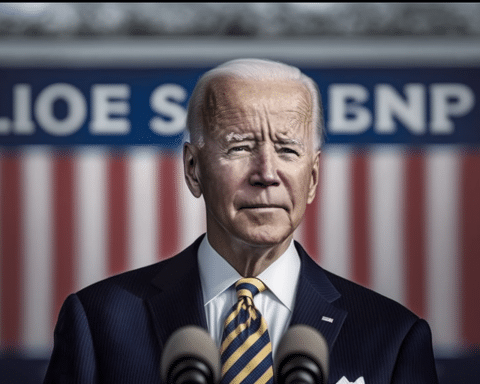Following his recent federal charges, Donald Trump pointed fingers at President Joe Biden and the Democratic Party, wielding accusations reminiscent of past political climates. Trump insisted that he is under attack from “Marxists” and “communists.”
Since his initial foray into politics, Trump has consistently used these labels. Recently, they have become a central part of his and other Republicans’ accusations against Democrats. Critics argue this approach is incorrect and perilous as it seeks to stigmatize an entire party with terms historically linked to America’s adversaries.
Political messaging experts emphasize that attributing Marxist tendencies to Democrats only deepens the nation’s division. They note it is baseless, as Biden advocates capitalism, and Democratic lawmakers are not advocating for a communist overhaul of the American democratic system.
However, these facts have done little to dissuade Trump and his Republican peers, who continue to exploit these ideologies as a fear-inducing tool against Democrats.
Not long after his federal court arraignment, Trump accused Biden and his allies of trying to “destroy American democracy” during a gathering with supporters at his golf club in Bedminster, New Jersey. He further asserted, “If the communists get away with this, it won’t stop with me.”
Repeating these themes in later communications with Iowa voters, Trump warned of the U.S. potentially becoming a “third world Marxist regime” or a “tyrannical Marxist nation,” echoing similar sentiments in past campaign emails and social media posts.
Other Republicans have joined the chorus with identical narratives. Georgia Rep. Marjorie Taylor Greene used Twitter to decry what she termed as the “CORRUPT AND WEAPONIZED COMMUNISTS DEMOCRAT CONTROLLED DOJ.” Florida Gov. Ron DeSantis, Trump’s potential rival for the GOP presidential nomination, has warned of the U.S. succumbing to “cultural Marxism” linked to the “woke” movement.
Historically, American politicians have labelled opponents as Marxists or communists without substantiation. The infamous Sen. Joseph McCarthy’s 1950s communist blacklist is a notable example.
Tanner Mirrlees, an associate professor at Ontario Tech University, observes that these attacks aim to stir emotional reactions in voters. As Steve Israel, former U.S. congressman from New York, says, “Democrats message to the brain, Republicans message to the gut.”
The recent charges against Trump have stirred memories among Hispanic Trump supporters, reminding them of the political persecution their families once escaped in Latin America. Yet, drawing parallels between genuine oppressive regimes and accusations of an alleged Marxist ruling class in U.S. society is misleading.
Ted Cruz and other Republicans have employed “cultural Marxism” to describe perceived threats to traditional American values. Yet, this term has historical associations with antisemitic and white supremacist groups, giving it a more sinister connotation.
While such rhetoric might galvanize Republican core voters, it might not persuade moderate and independent voters who see no tangible link between Democrats and these ideologies. Israel notes the strategy might prove counterproductive: “Republicans are overplaying their hand.”
The potency of political language is undeniable, and its misapplication may exacerbate existing divisions. While labelling opponents as ‘communists’ or ‘Marxists’ may energize specific segments of the electorate, it risks alienating those who seek less confrontational, more evidence-based discourse. As the U.S. moves forward in its political landscape, the hope is for a future defined less by divisive rhetoric and more by collaboration, understanding, and a commitment to the principles of democracy.




